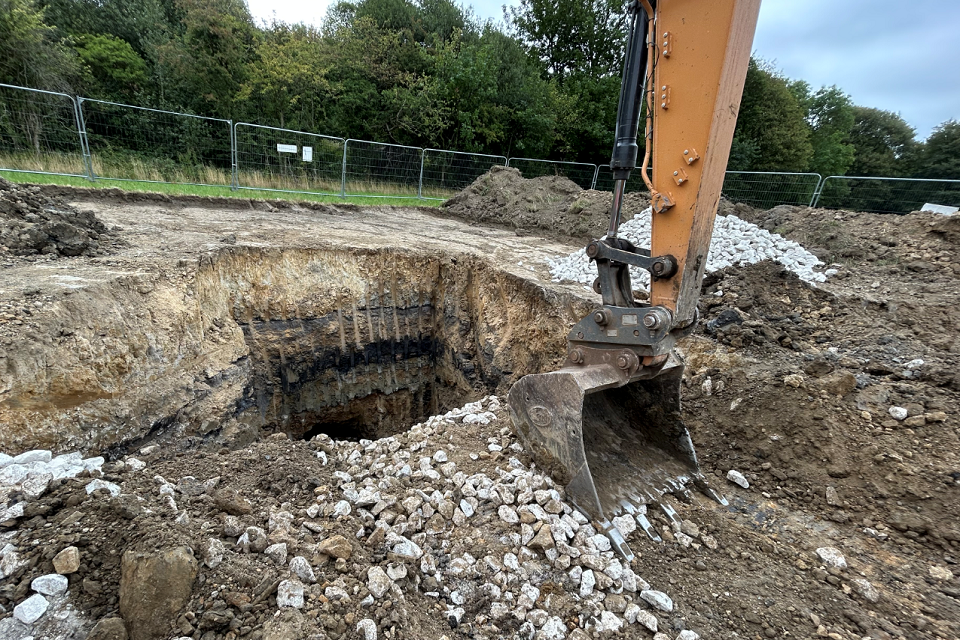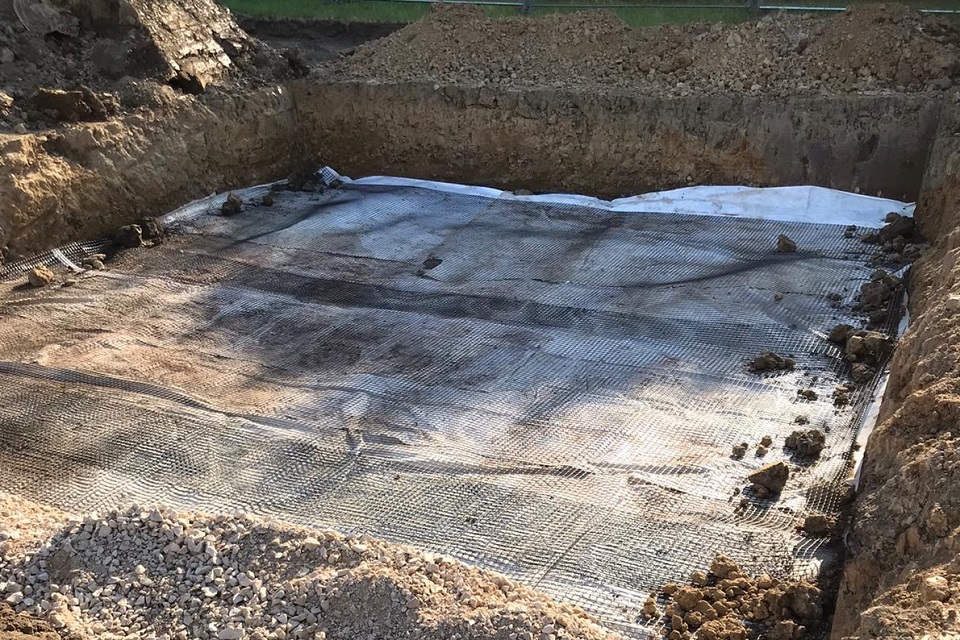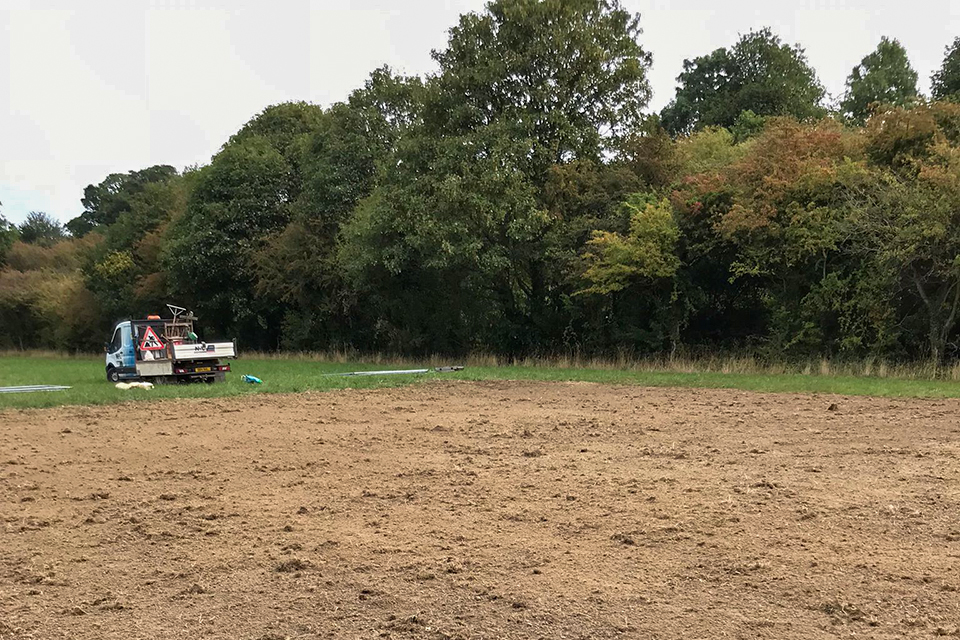A surprising ground collapse appeared in a farmland area in Stretton, Derbyshire, earlier this year. The hole measured around four metres across and three metres down, creating an immediate concern for local safety. Experts from the Mining Remediation Authority stepped in right away to handle the situation and prevent any accidents.

Planning the Repair Work Carefully
Rob Pilmore, the lead project manager for the fix, explained how they timed everything to minimise disruption. Ground surveys started in August. This delay allowed the grass in the surrounding field to grow fully so the farmer could harvest it for animal feed without issues. The investigation confirmed the exact location of the old roadway that had given way beneath the surface.
Once the details were clear, the team moved to a thorough repair process. They dug out the affected area carefully. Large rocks were then placed into the underground passage from both sides to block any further movement. After that, they filled the empty space completely to eliminate the risk of another drop.
Step-by-Step Restoration of the Land
The excavation site received layered backfilling for strength. About one metre below the surface, workers added a geotextile sheet along with a strong polypropylene grid. These materials help distribute weight evenly and prevent future settling. Finally, the team levelled the soil, spread fresh seeds, and let nature take over to blend the spot back into the rest of the field.


This kind of detailed approach shows how modern techniques can address old mining problems effectively. The field now looks as good as new, with no visible signs of the earlier hazard. Farmers in the area can continue their work without worry, and passersby remain protected from unexpected dangers.
Broader Efforts to Tackle Mining Risks
The authority handles many such cases across the region. In the last financial year alone, they looked into and resolved around one thousand reports related to mining dangers, ground shifts, and urgent alerts. Their round-the-clock service means anyone can call for help at any time. If you spot something suspicious like cracks or dips in the ground near old coal areas, dial 0800 288 4242 to report it immediately.
Incidents like the one in Stretton highlight the lasting impact of historical mining activities. Even decades after operations stop, the ground can shift unexpectedly. Regular monitoring and quick action are key to keeping communities safe. The successful repair here serves as an example of what proactive management can achieve.
Why These Repairs Matter for Local Communities
Agriculture forms the backbone of rural life in Derbyshire. Fields need to be reliable for planting, grazing, and machinery use. A hidden void can damage equipment, harm livestock, or worse. By filling and reinforcing the site, the team not only fixed the immediate problem but also added layers that make the ground more stable long-term.
Residents often share stories of similar past events in nearby villages. Some remember smaller holes appearing overnight after heavy rain. Others recall warnings from grandparents about avoiding certain spots. Today’s technology, combined with historical records, allows experts to predict and prevent these issues better than ever before.
The use of geotextile and mesh is particularly smart. These materials are common in road building and landscaping but work wonders underground too. They act like a safety net, catching any minor shifts before they turn into big problems. Seeding the area ensures grass grows back quickly, maintaining the field’s productivity and appearance.
Tips for Spotting Potential Ground Hazards
Anyone living or working near former mining zones should stay alert. Look for sudden dips, leaning trees, or cracks in soil that appear without obvious cause. Water pooling in unusual places can also signal trouble below. Reporting early makes fixes easier and cheaper. The authority’s free helpline operates every day, so there is no reason to delay.
Educational outreach plays a role too. Schools and community groups sometimes learn about local mining history and safety signs. This knowledge helps everyone contribute to a safer environment. The Stretton case ended well because the farmer acted fast upon discovery.
In summary, the Derbyshire sinkhole in the farmer’s field is now a closed chapter. The land stands ready for the next season, stronger than before. Such stories remind us how past industries shape the present, but with the right expertise, challenges turn into opportunities for improvement.
Stay informed about local safety updates and environmental news. Share your thoughts in the comments below if you have experienced similar ground issues in your area.

